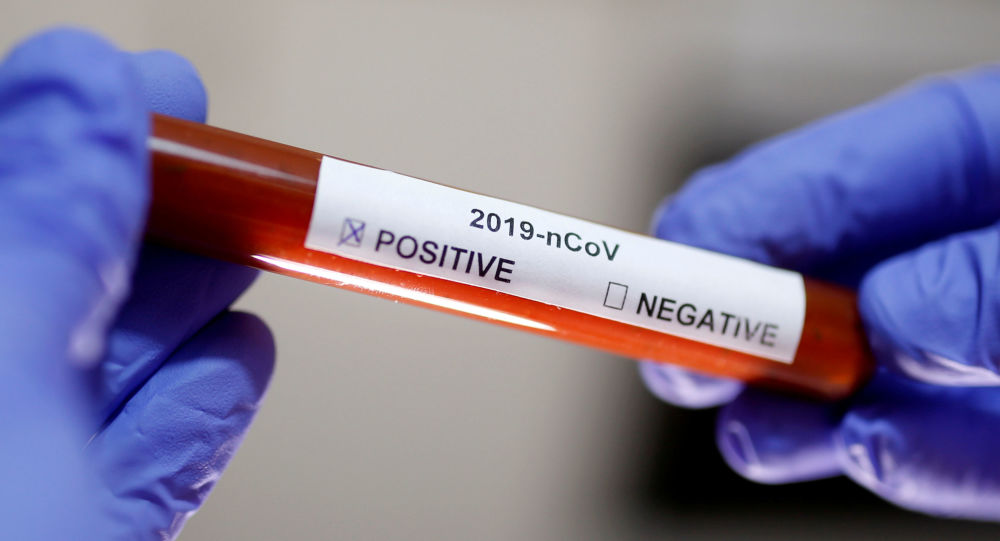The Department of Health and Social Care has shared its daily update of coronavirus cases.
Today they have confirmed 115 cases of coronavirus (COVID-19) in the UK, this is a incase of 30 cases since yesterday total of 85.
The figures shared show that of the 115 confirmed case, 25 are from London.
UPDATE on coronavirus (#COVID19) testing in the UK:
As of 9am 5 March 2020, a total of 18,083 people have been tested:
17,968 negative.
115 positive.For latest information and today’s regional breakdown visit:
▶️https://t.co/CZh5JdyN2Q pic.twitter.com/QMrVof4XWv— Department of Health and Social Care (@DHSCgovuk) March 5, 2020
5 ways to help protect yourself
1) Wash your hands frequently and catch coughs and sneezes in a tissue
One of the ways becoming infected, or pass on viruses to others, is through the droplets in coughs and sneezes – for instance through someone who has a virus, coughing onto their hand, then touching a door handle.
A simple and effective way to protect yourself from coronavirus is by making sure you wash your hands frequently with soap and water, or a hand sanitiser if you are out and about. It’s particularly important to wash your hands once you get home or arrive at work or before you prepare or eat food.
If you are unwell it’s vital that you catch your coughs and sneezes in a tissue, or use your arm if needed, throw the tissues away, then wash your hands.
2) Be prepared to self-isolate
If COVID-19 begins to spread in the community over the coming days or weeks, people with symptoms of coronavirus (such as a cough or fever) may be asked to self-isolate at home.
This may mean staying indoors and avoiding contact with other people for up to 14 days. If the virus is spreading quickly, we may ask whole households to self-quarantine, if anyone in the home has symptoms.
If you feel that you may need to self-isolate, details at this from this link- important information on the NHS website will explain what you need to do.
3) Plan ahead based on your situation
There are a number of ways to slow down an infectious disease outbreak. Well-established tactics include self-isolation as mentioned above, as well as measures sometimes referred to as “social distancing.”
One example of social distancing could be encouraging more working from home for instance, or another option could involve urging people to continue to go to work or school as usual, but reduce social activity or non-essential travel.
If you might be more vulnerable to severe symptoms of coronavirus, it is advised that you considered the activities you have planned over the coming weeks, listing which are essential- which you could cancel if you needed and arrange to work from home.
4) Use health services wisely
If in the coming weeks COVID-19 is spreading in the community this could mean the NHS is busier than usual so it’s important to think carefully about the NHS services you use.
If you start to experience symptoms and believe you could have coronavirus, the NHS is advising you do not go to a GP surgery, pharmacy or hospital as you could pass the infection to others. Visit NHS.UK/coronavirus or call NHS 111 if you need to speak to someone.
Services like 999 or Accident and Emergency should only be used for genuine emergencies.
